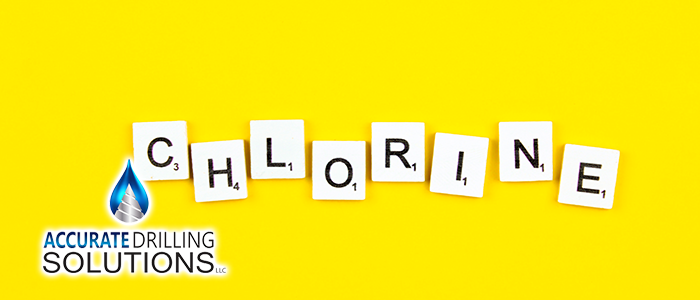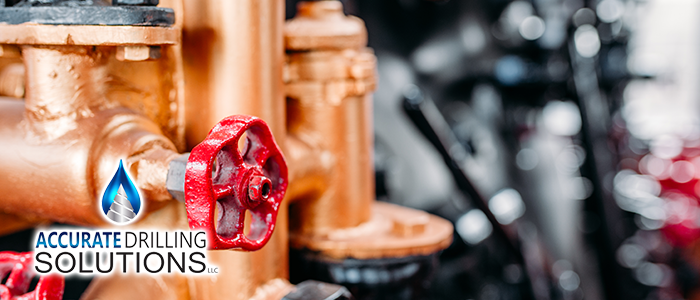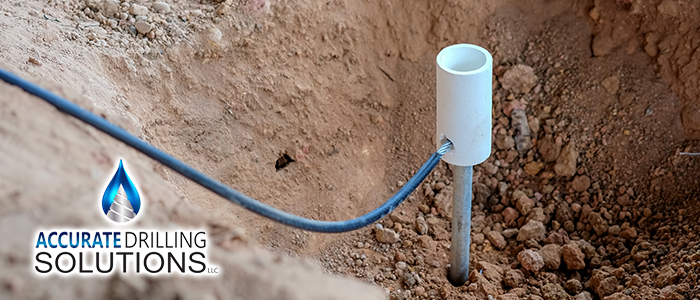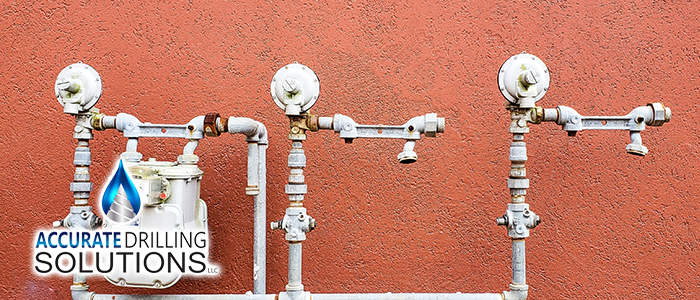
What are Chlorine Tablets?
Shock chlorination is a pretty common topic when it comes to the maintenance of your well. Like any other part of your home, your well needs maintenance. One of the most essential tasks is the disinfection of your well. Over time microbial life can reproduce and develop in your well, changing water quality and even making you sick. To disinfect a well, you must add chlorine to it. There are many chlorine products at stores made for exactly this task… But you may also have heard about using chlorine tablets to do this. Is that true? Can you use pool tablets to disinfect a well? This article will tell you more about what chlorine tablets are and how you should use them.
What are Chlorine Tablets?
Water purification tablets are one of the most commonly used water disinfectants on the market. They kill most viruses and bacteria present in water. A 200gm tablet can treat up to 50,000 liters of water. These are commonly used in swimming pools, and smaller tablets are used to disinfect commercial machines. The most basic material in a chlorine tablet is calcium hypochlorite. This is a very common water bleaching agent.
Chlorine is very effective when it comes to destroying harmful microbes. Typhoid, cholera, hepatitis, and more are eliminated by chlorine. Tablet forms of chlorine have been called the “most significant public health advance of the millennium” in Life magazine.
Can I Use Pool Tablets in a Well?
Generally speaking, stabilized pool tablets alone are not an effective way to shock chlorinate or disinfect your well. The tablets don’t deliver enough chlorine fast enough to disinfect your well. This also goes for chlorine-free “pool shock” products. If it’s made for your pool, keep it in your pool. You may hear that you can use pool tablets along with liquid chlorine to disinfect your well… But there are better ways. When you shock chlorinate your well, the chlorine levels go much higher than can be delivered by pool products. The chlorine concentration can rise as high as 400 times the amount of chlorine as in public water.
Is There a Difference Between Pool and Well Chlorine?
The biggest differences tend to be dosage and concentration. Because you’re not looking to drink pool water, the chlorine concentration in your pool doesn’t need to be as high.
When Should I Disinfect My Well?
You should test your well at least annually. If you have any positive microbial results, you need to disinfect your well. Shock chlorination is the easiest way to do this. It would be best to keep an eye out for other situations that warrant disinfection. For example, a new well should always be chlorinated before use. This is true for new repairs or work done to the well, too. A flooded well, a well with a cracked cap, or a well exposed to bacteria in some other way, such as a septic leak, will also need disinfection.
How to Use Chlorine Tablets
Generally speaking, you shouldn’t use chlorine tablets. Liquid chlorine and chlorine granules are the best way to chlorinate your well. The tablets don’t dissolve fast enough and won’t deliver your desired results. If using household bleach, don’t use anything scented or mixed with anything else. Try to use new bleach, as it can lose potency over time. Shut your pump off, set water softening equipment to bypass, and pour in the bleach solution. Depending on the depth of your well, you may need more or less bleach.
This process is very important, and you may feel overwhelmed until you get the hang of it. So, until that time, rely on the professionals. At Accurate Drilling, we know how to disinfect any well properly. If you’ve got questions or want to talk about having your well disinfected, give us a call today.
continue reading
Related Posts
Pinellas Park Business Owner’s Guide to Pump Systems For business
Lake Wales: Residential Well Installation Explained For many homeowners in
Port Richey Guide to Commercial Water Systems Businesses in Port






